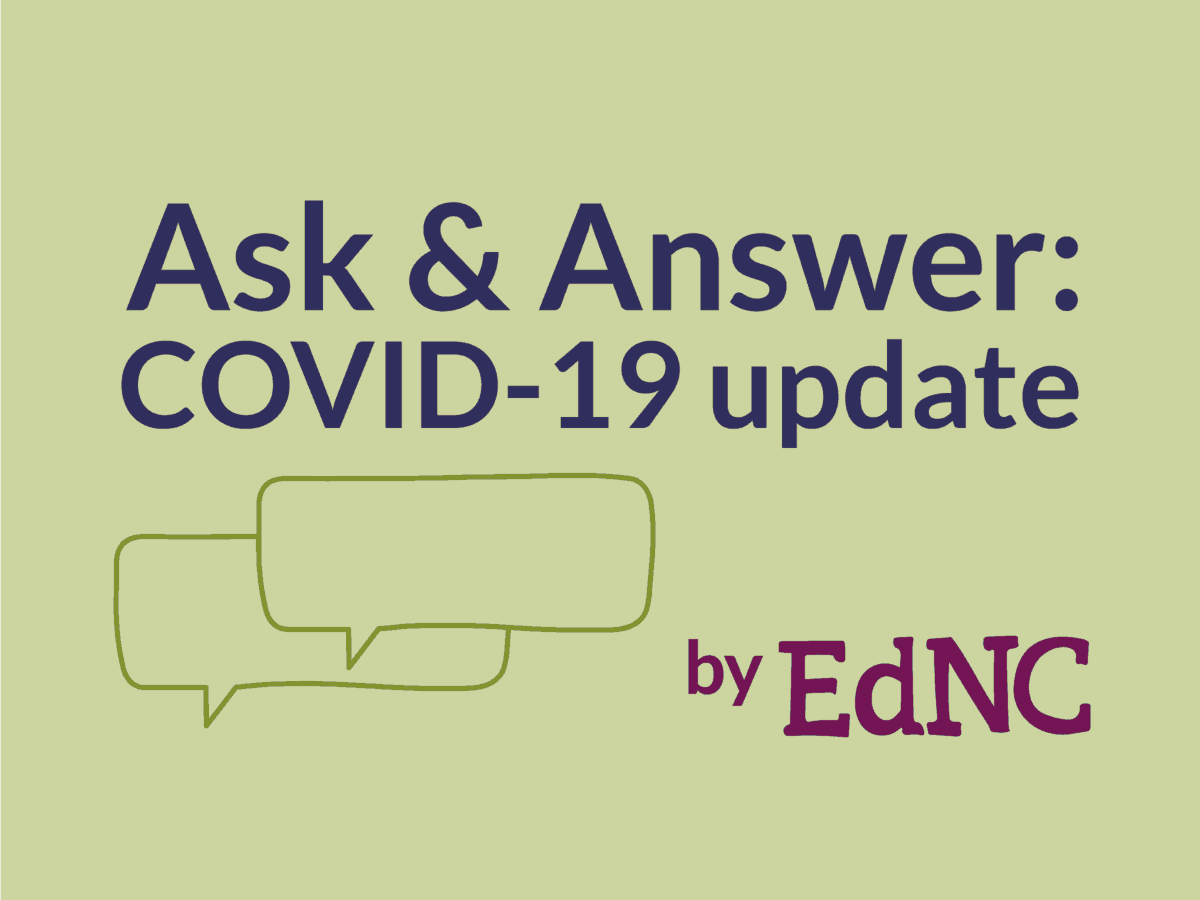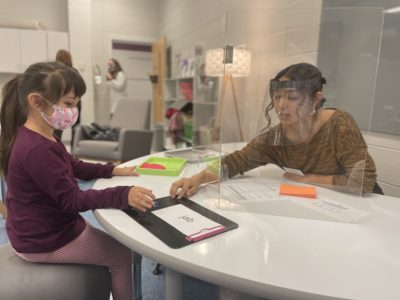

|
|
Sometimes parents crave more communication about their child’s education. Sometimes the amount of communication and the multitude of sources get confusing.
Virtual school options seem to fall in the latter category. There are several options at the local and state levels. They offer different things, and some will look different this year.
Here are some answers to questions on virtual schooling that we’ve gotten from readers.
What are the virtual options?
The option that parents are probably hearing about most is district virtual academies. With those, your students remain enrolled at their public school but have the option to take all classes online. This virtual option is provided by the school district, so communication about it will come from your student’s school or district.
There’s also the North Carolina Virtual Public School, which is run by the state. It is not a school where your student can enroll. Rather, your student remains enrolled at a traditional public, charter, private, or home school, and applies to take certain classes at the NCVPS.
Charter school students also have statewide virtual options. Unlike NCVPS, the two statewide virtual charter options are schools in which students can enroll, take all their classes, and graduate.
The best place to learn more about district virtual academy offerings is by contacting your student’s school district.
Learn more about NCVPS.
Learn more about the two virtual charter schools: North Carolina Cyber Academy and North Carolina Virtual Academy.
Which districts are offering virtual academies?
According to data from the state Department of Public Instruction (DPI), 52 fully virtual district academies will be operating in the 2021-22 school year. You can download a spreadsheet of them using DPI’s database here.
The list of virtual academies below is updated as of Aug. 19, but DPI Communications Director Blair Rhoades said those numbers may change, so it’s best to contact your student’s school for the latest information.
What is N.C. Virtual Public School?
NCVPS is not a standalone school. It does not have full-time students and does not graduate students. Instead, students from traditional public schools, home schools, charter schools, or private schools can use the virtual program to access classes. The grade they get in those classes is transmitted back to their district or school.
NCVPS offers basically every class a student could need for graduation. If a student can’t take an advanced placement course at their regular school, NCVPS probably offers it. The same is true for foreign languages. Basically, NCVPS exists to offer courses that are not offered at a school where a student is enrolled.
You can learn more in this video open house from NCVPS recorded on Aug. 17.
What are the virtual charter options in North Carolina?
There are two virtual charter schools in North Carolina: North Carolina Virtual Academy and North Carolina Cyber Academy. They are standalone schools, serving as a substitute for a typical brick-and-mortar experience.
As charter schools, they are public schools that receive funding from the state but are exempt from some of the requirements placed on traditional public schools. They are operated not by a district or the state but by independent organizations.
How will virtual schooling look different this year?
Many districts just started offering virtual options last year, and spent the summer working on improvements. NCVPS and the virtual charters have invested in improvements, too. For instance, they offered virtual social-emotional supports previously, but NCVPS is providing some additional supports to center “soft skills” for students this year.
Another way things might look different is that more students will have options for schooling during inclement weather or COVID-19-related building closures. For example, Haywood County Schools went remote Aug. 19-20 after damage to schools and the community from Tropical Depression Fred.



